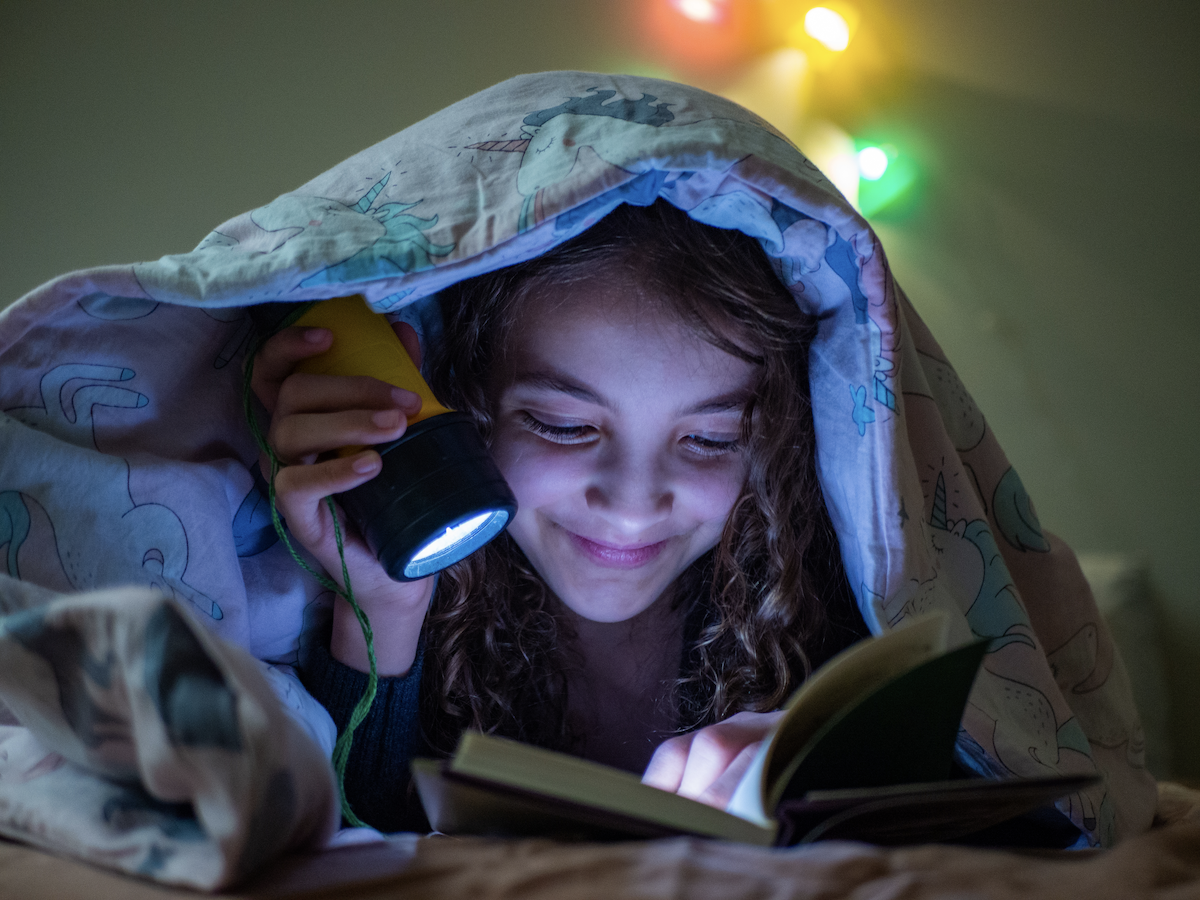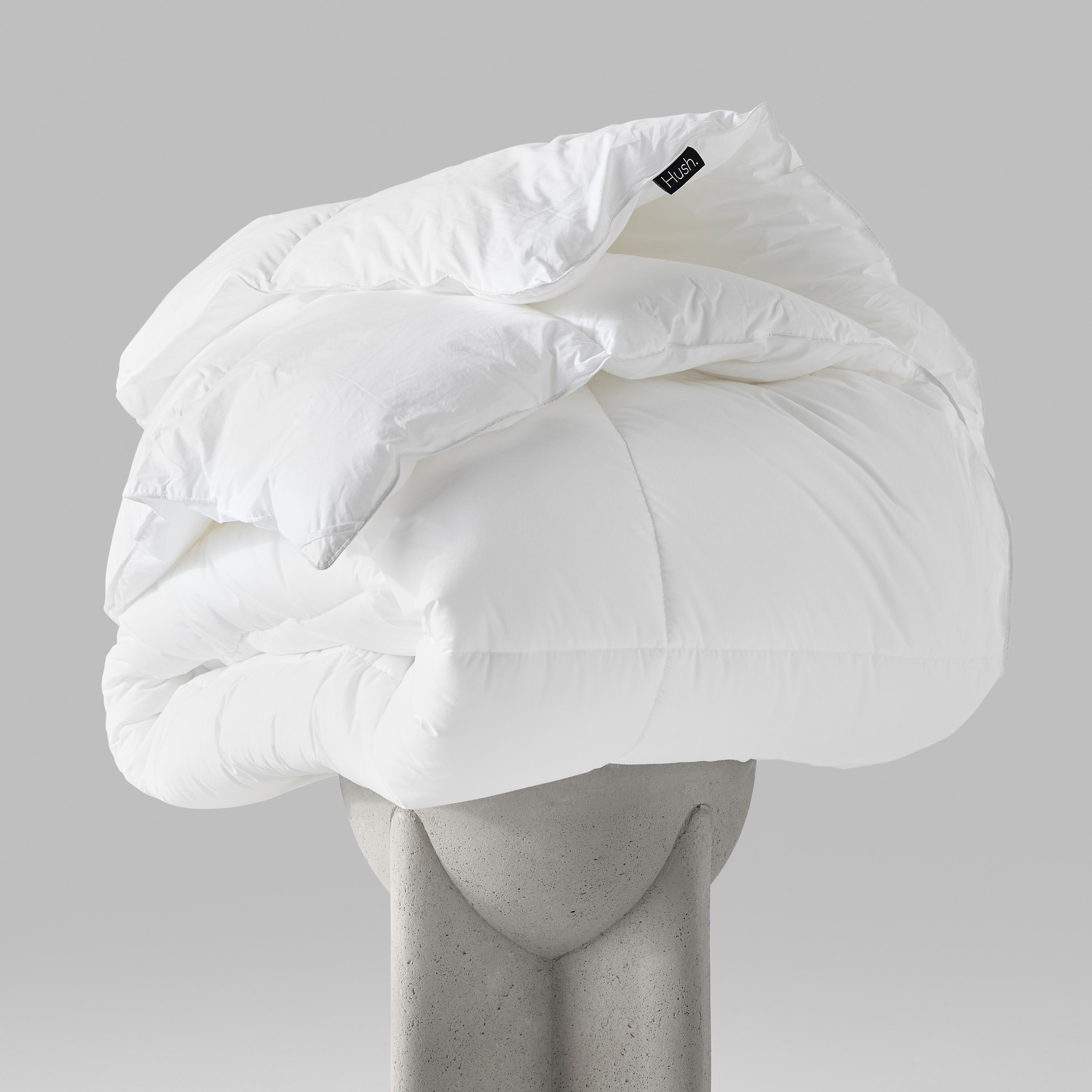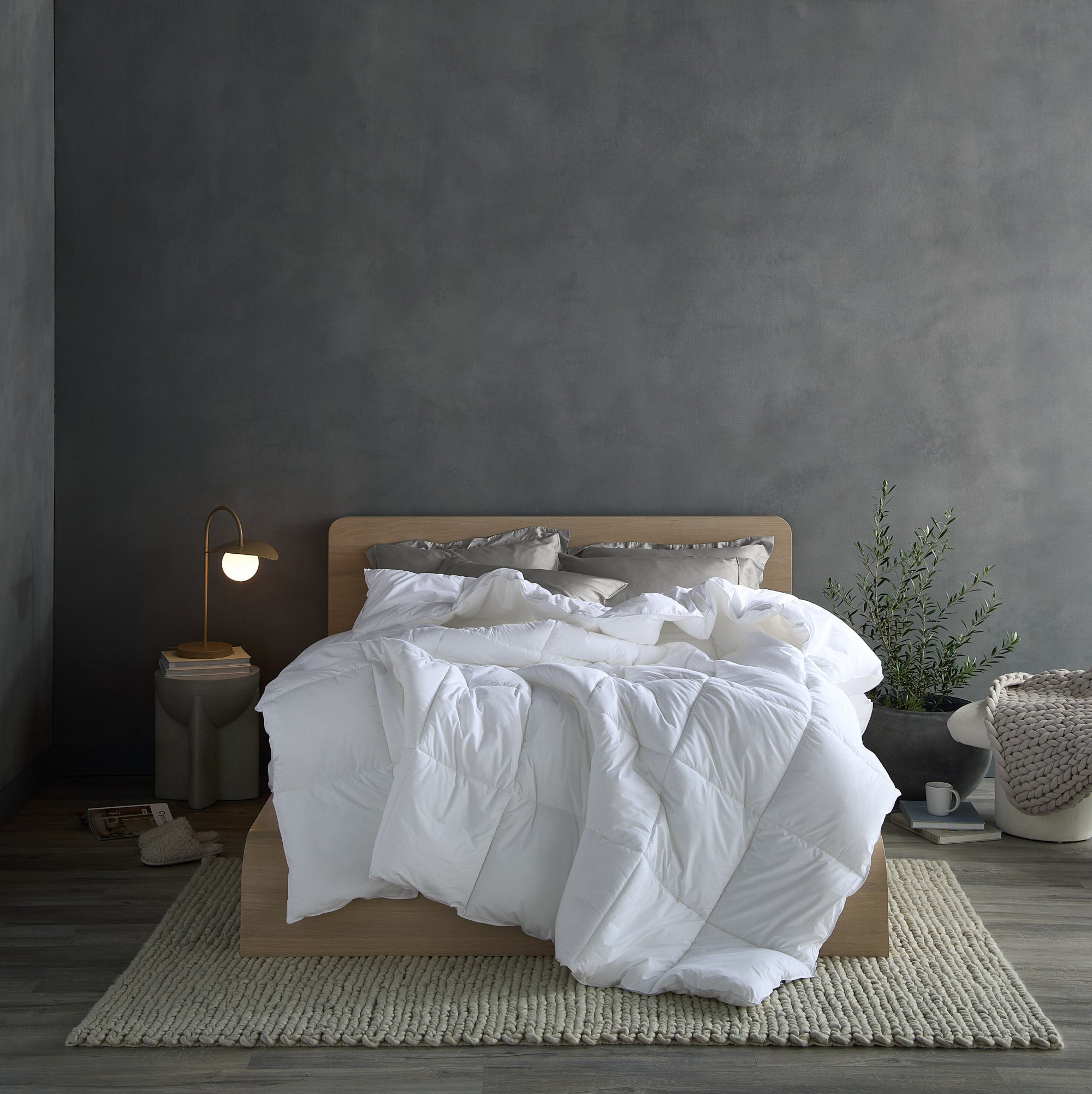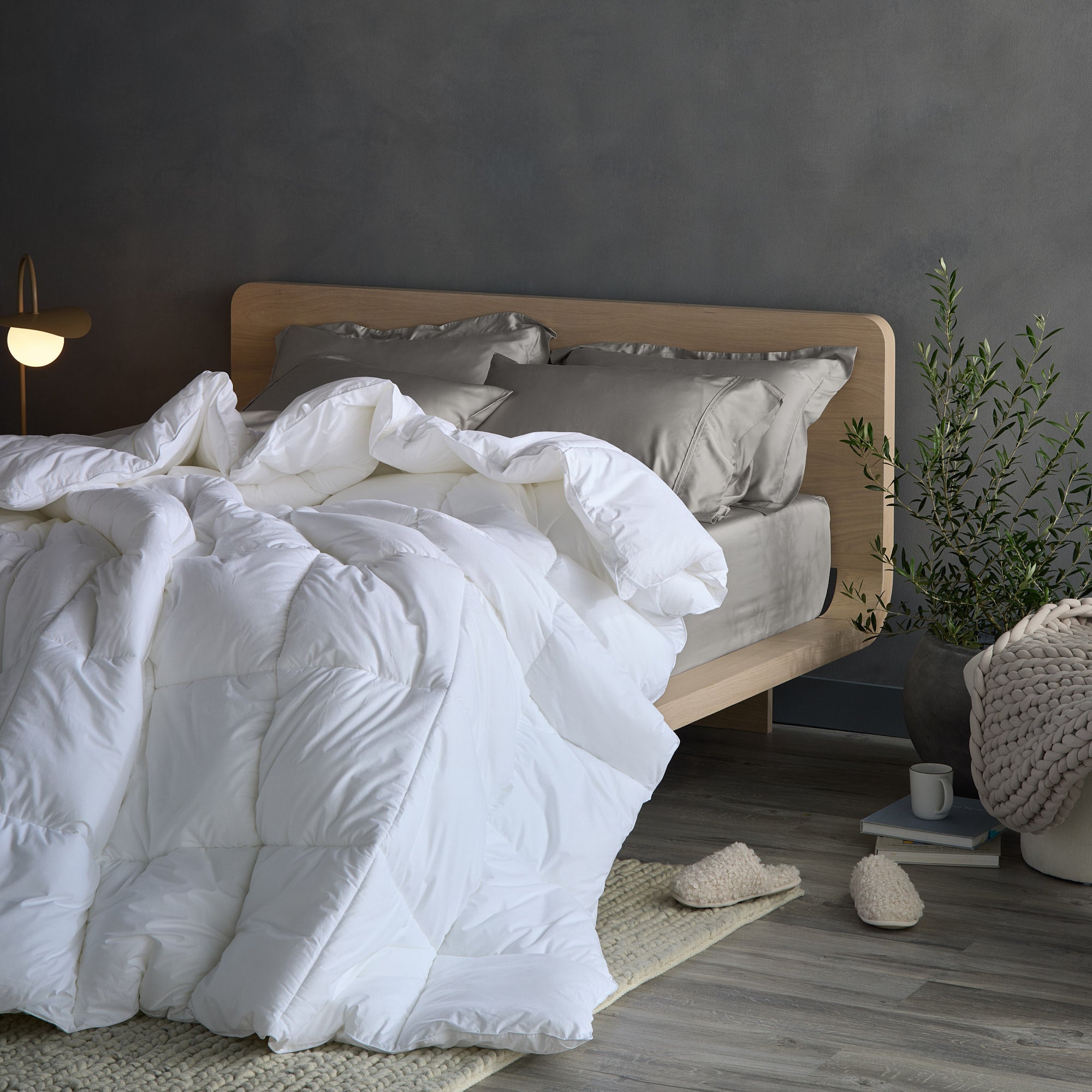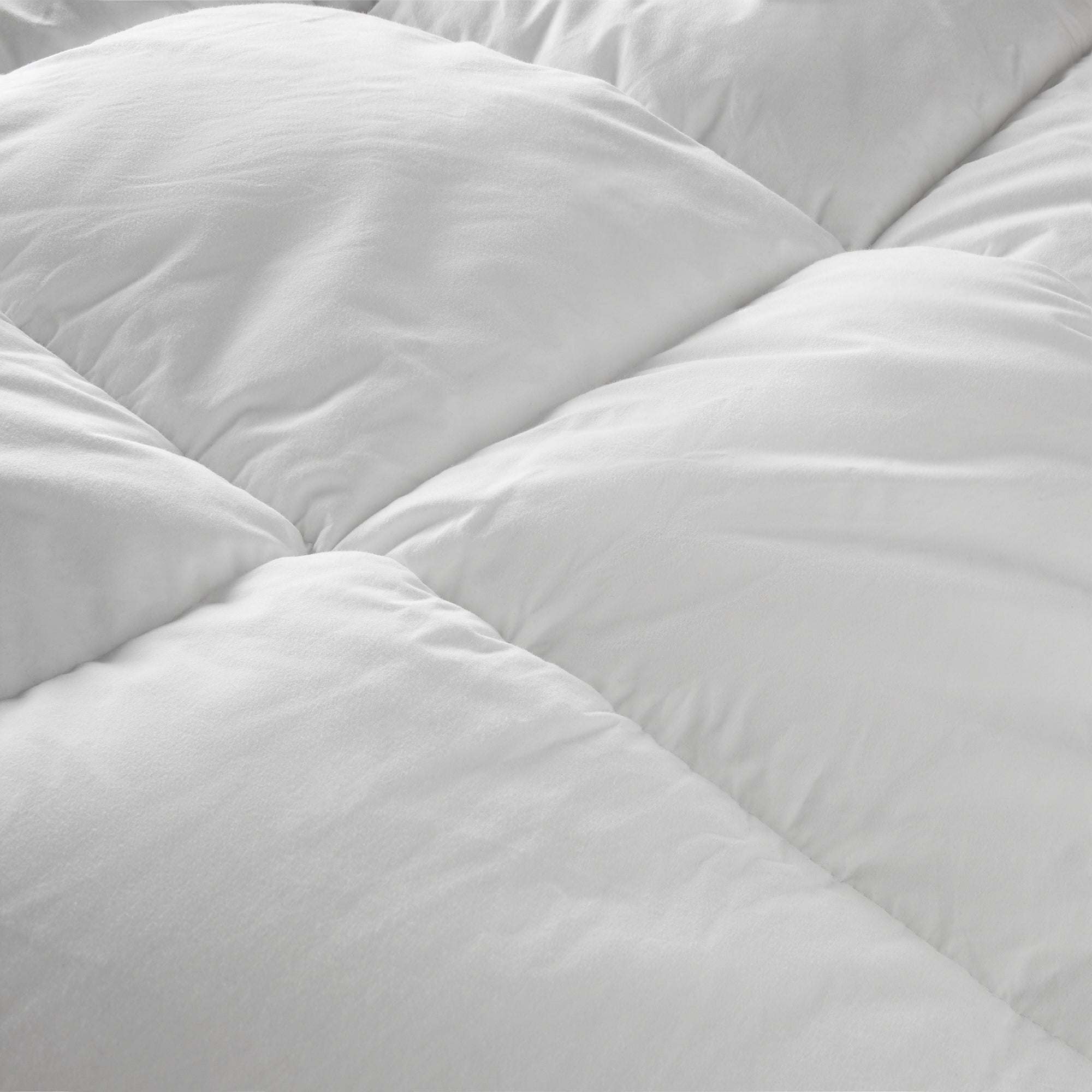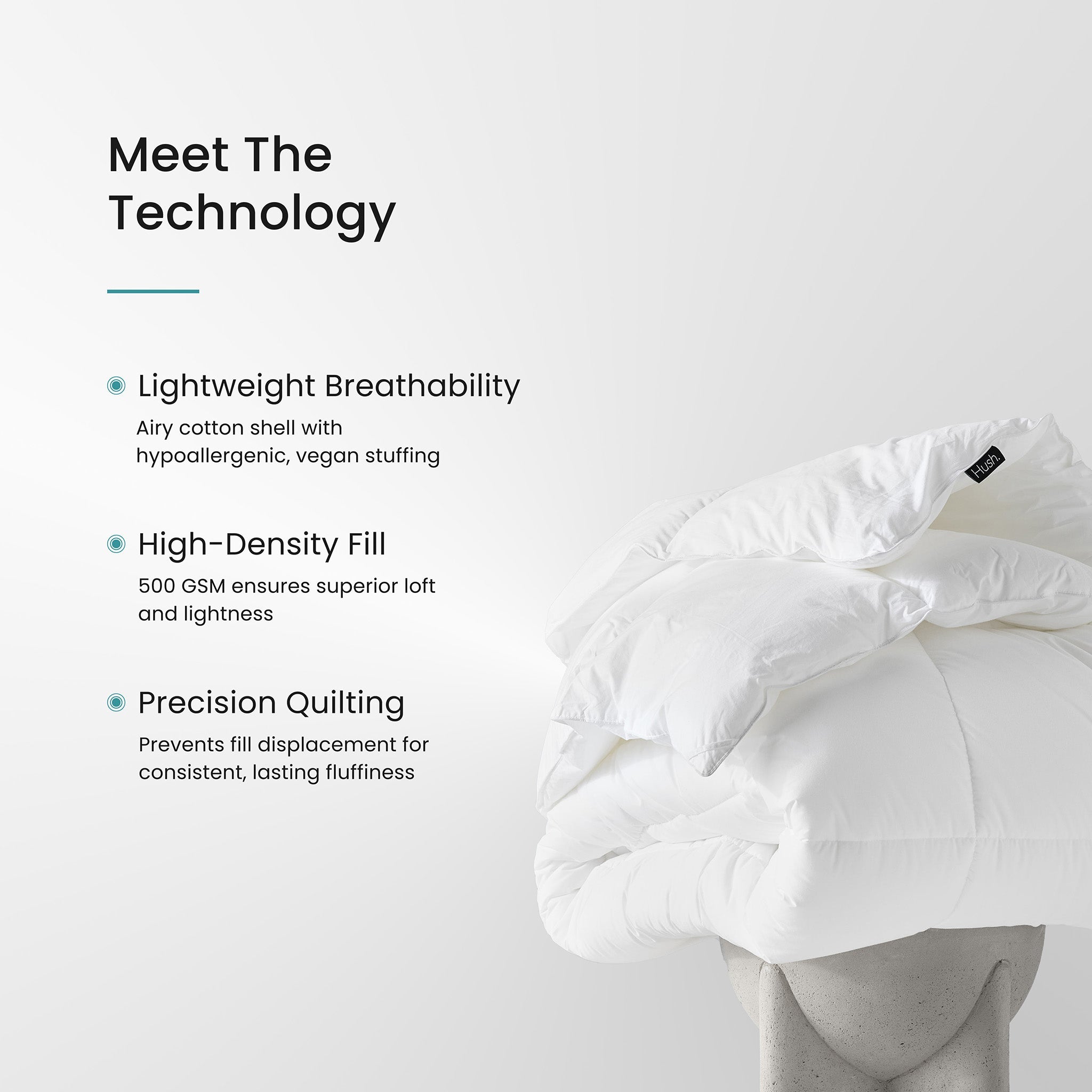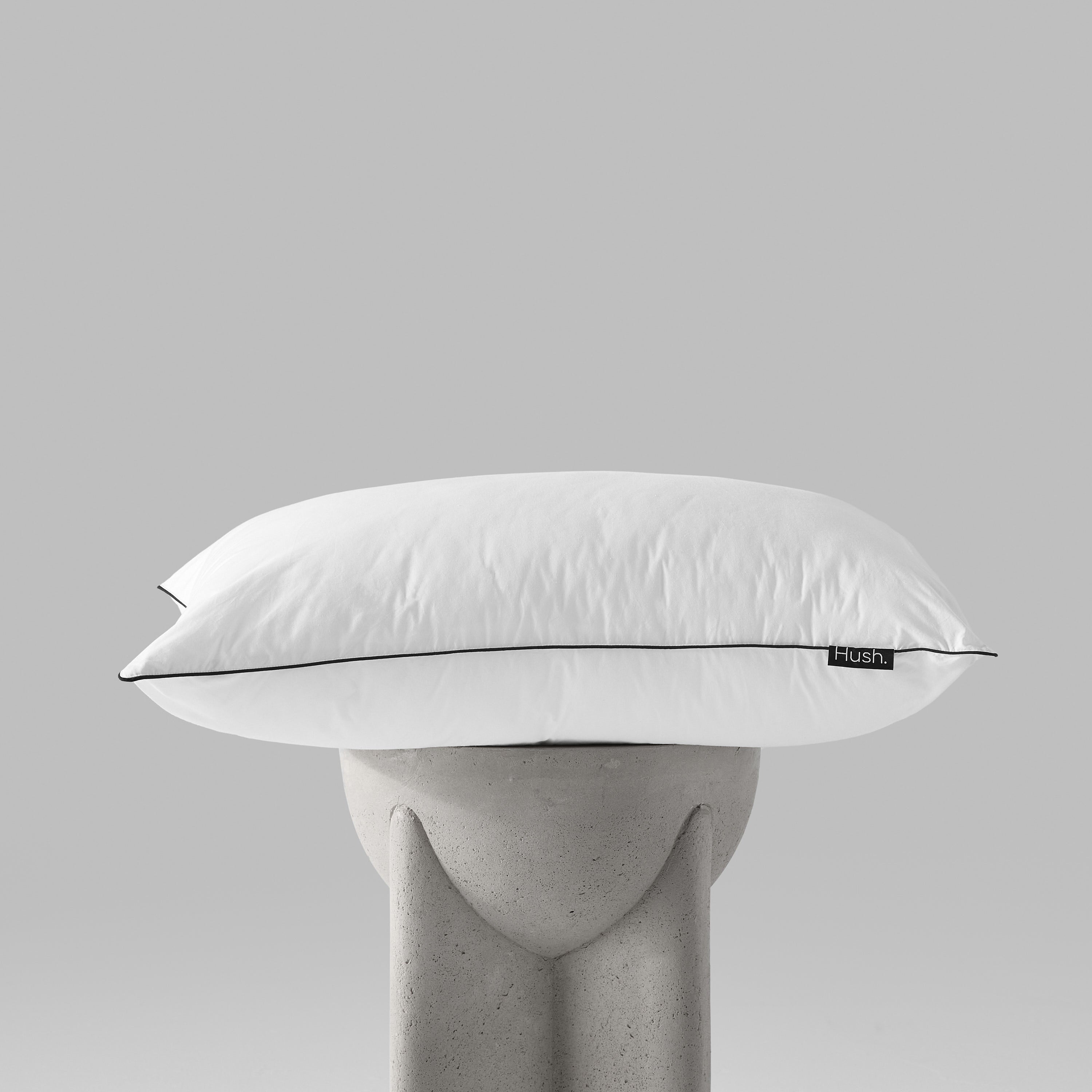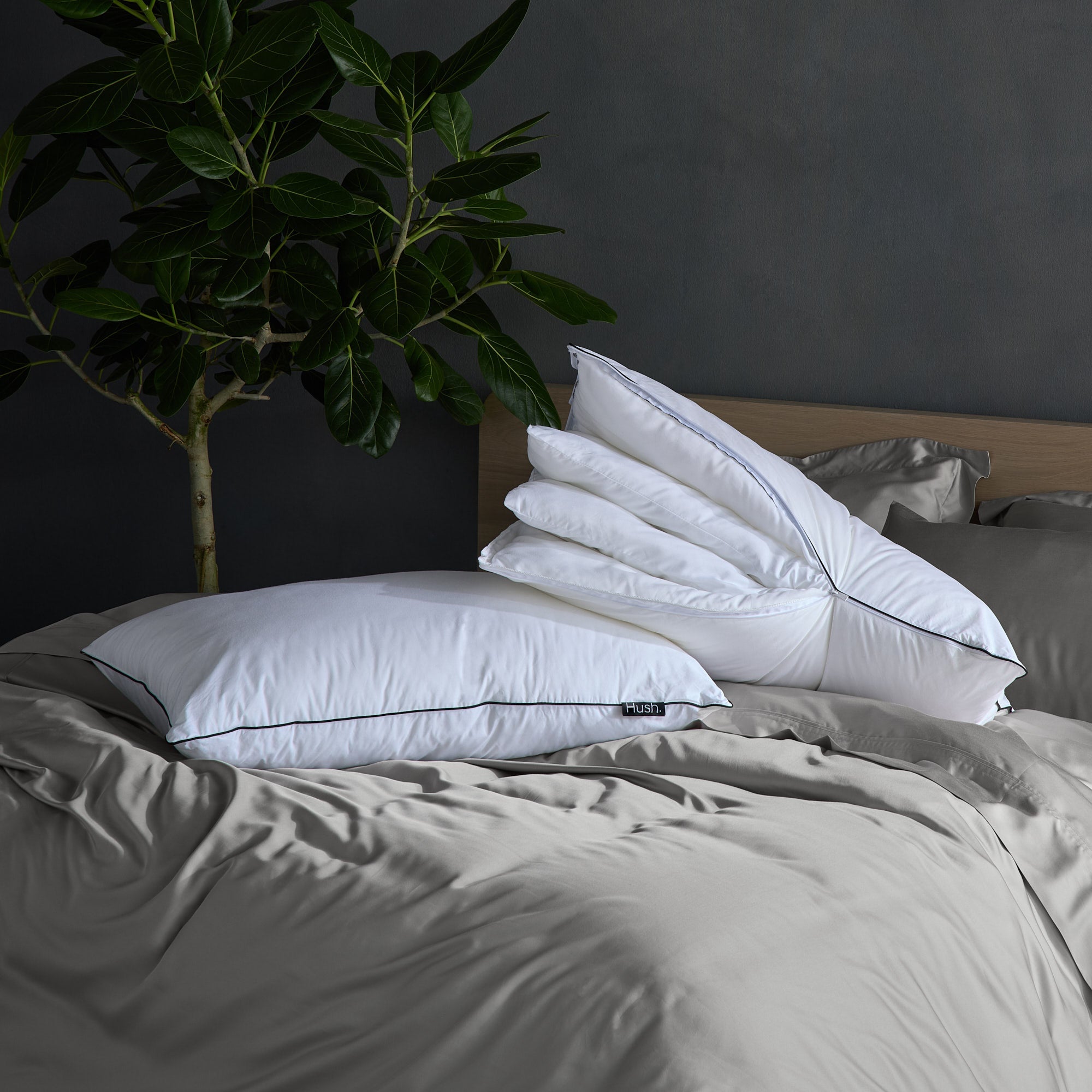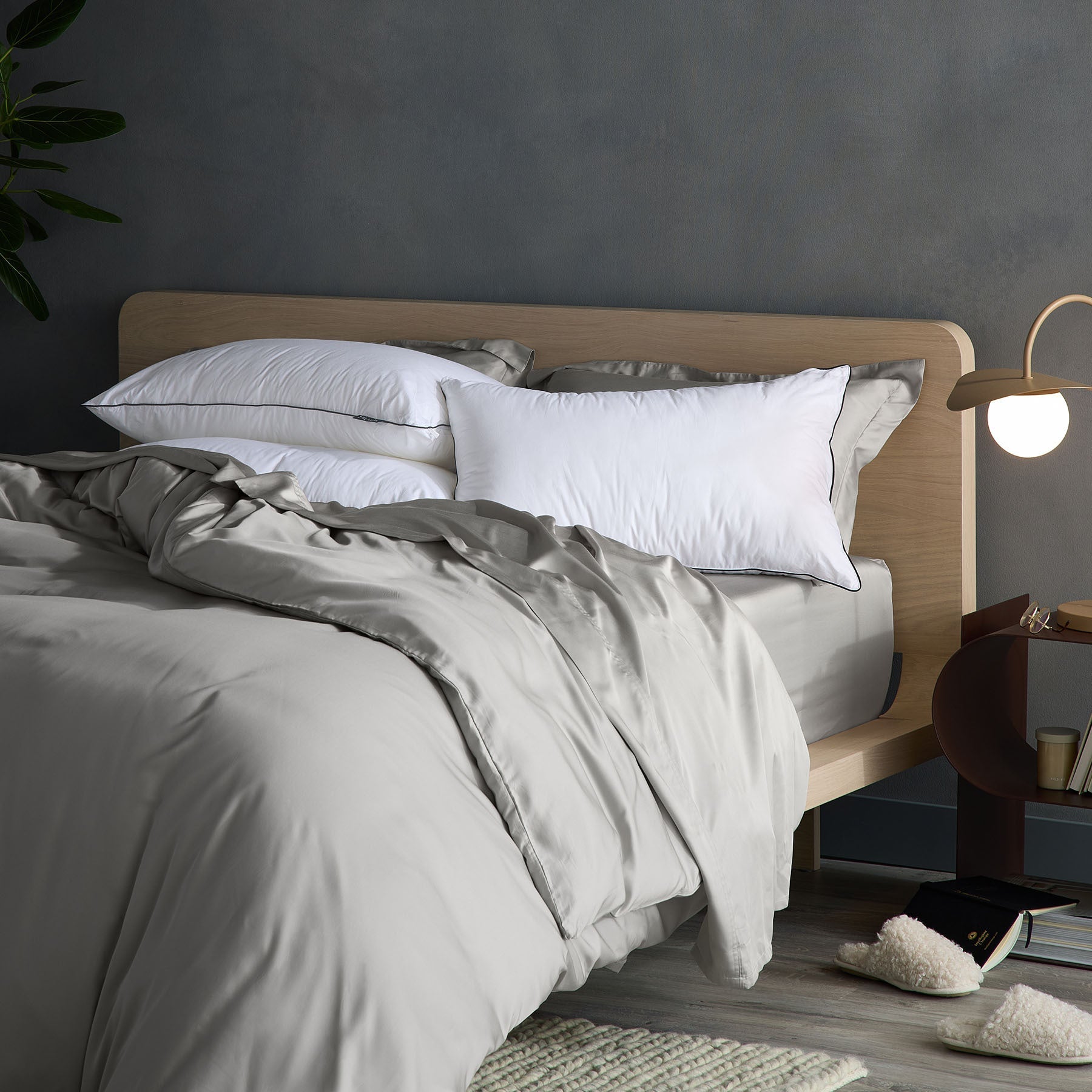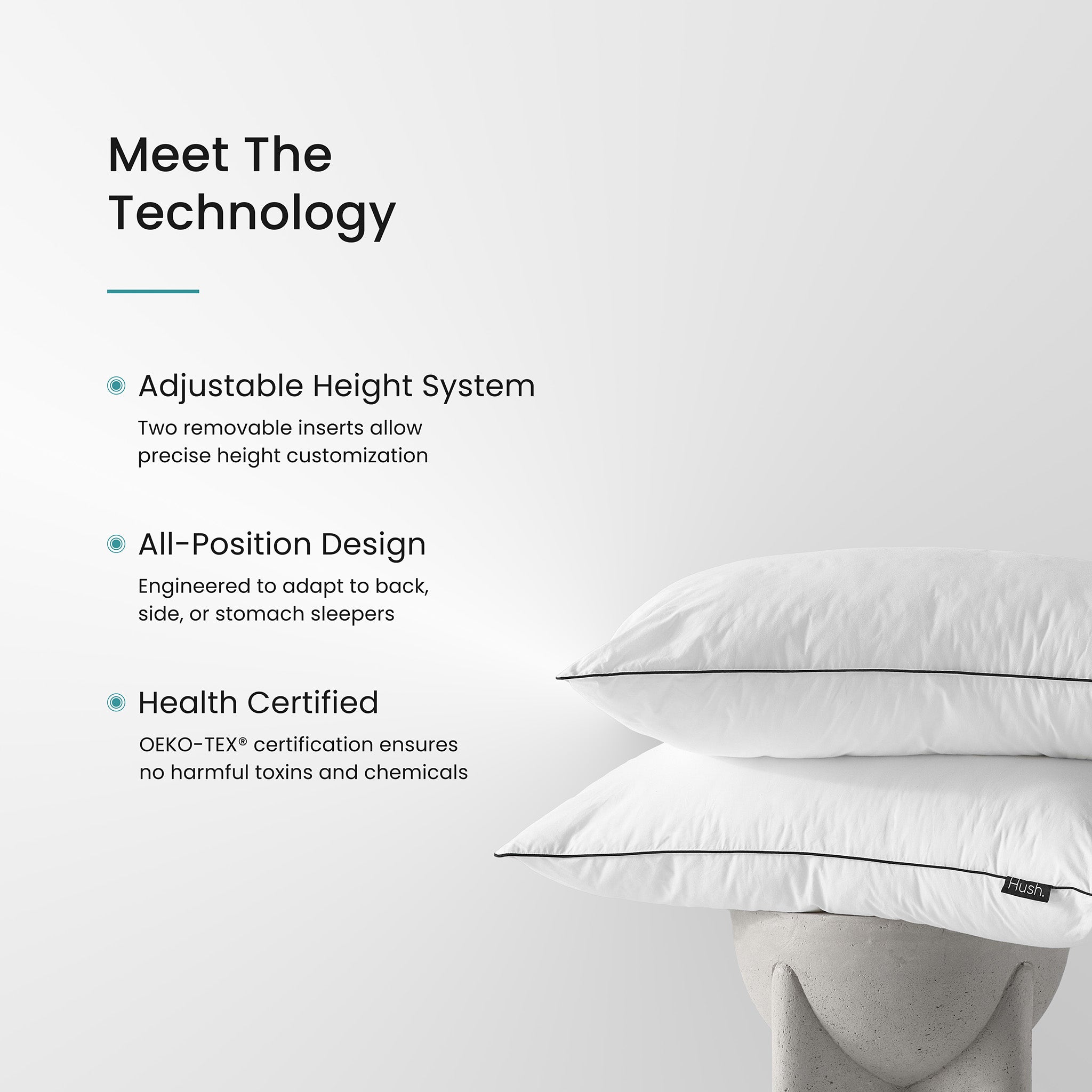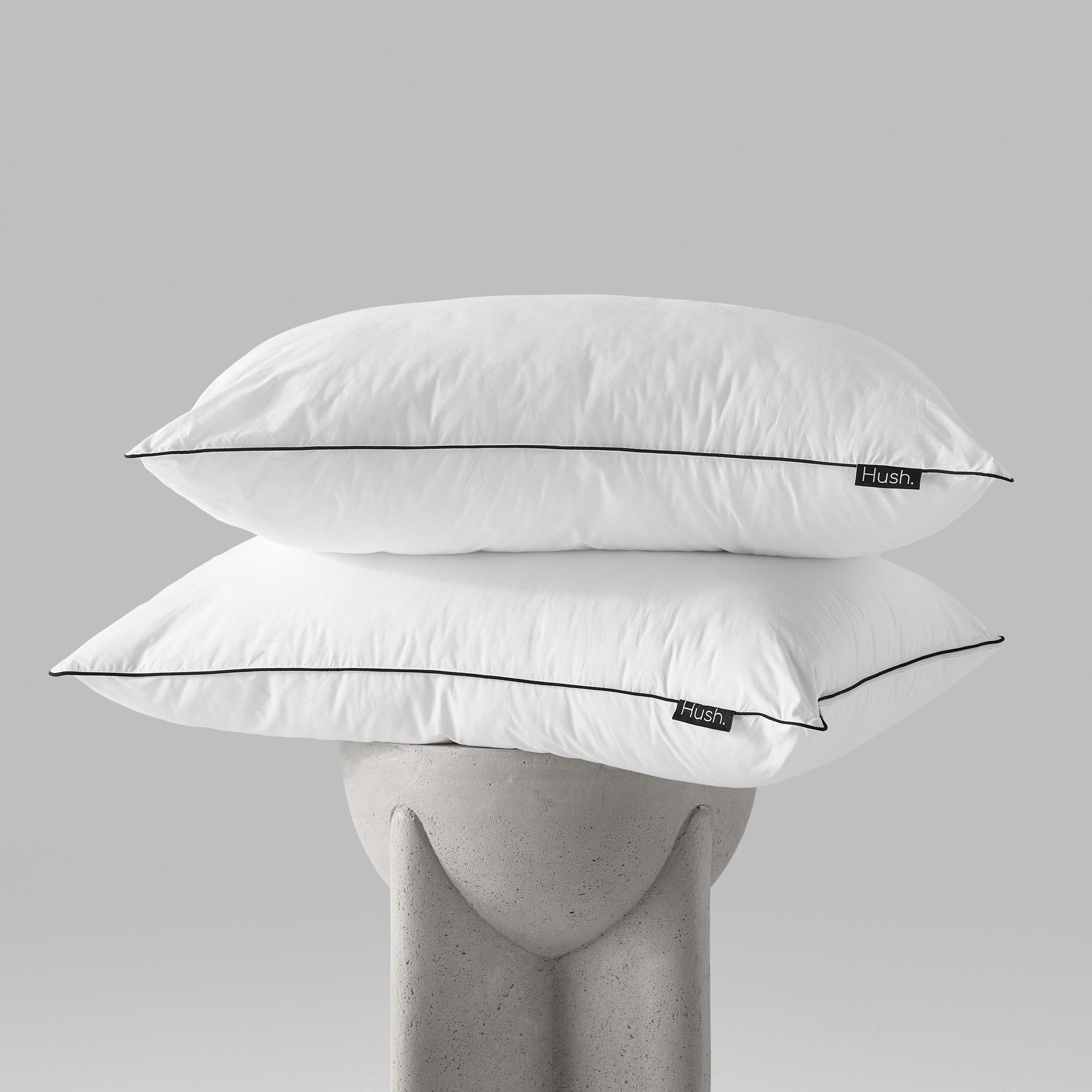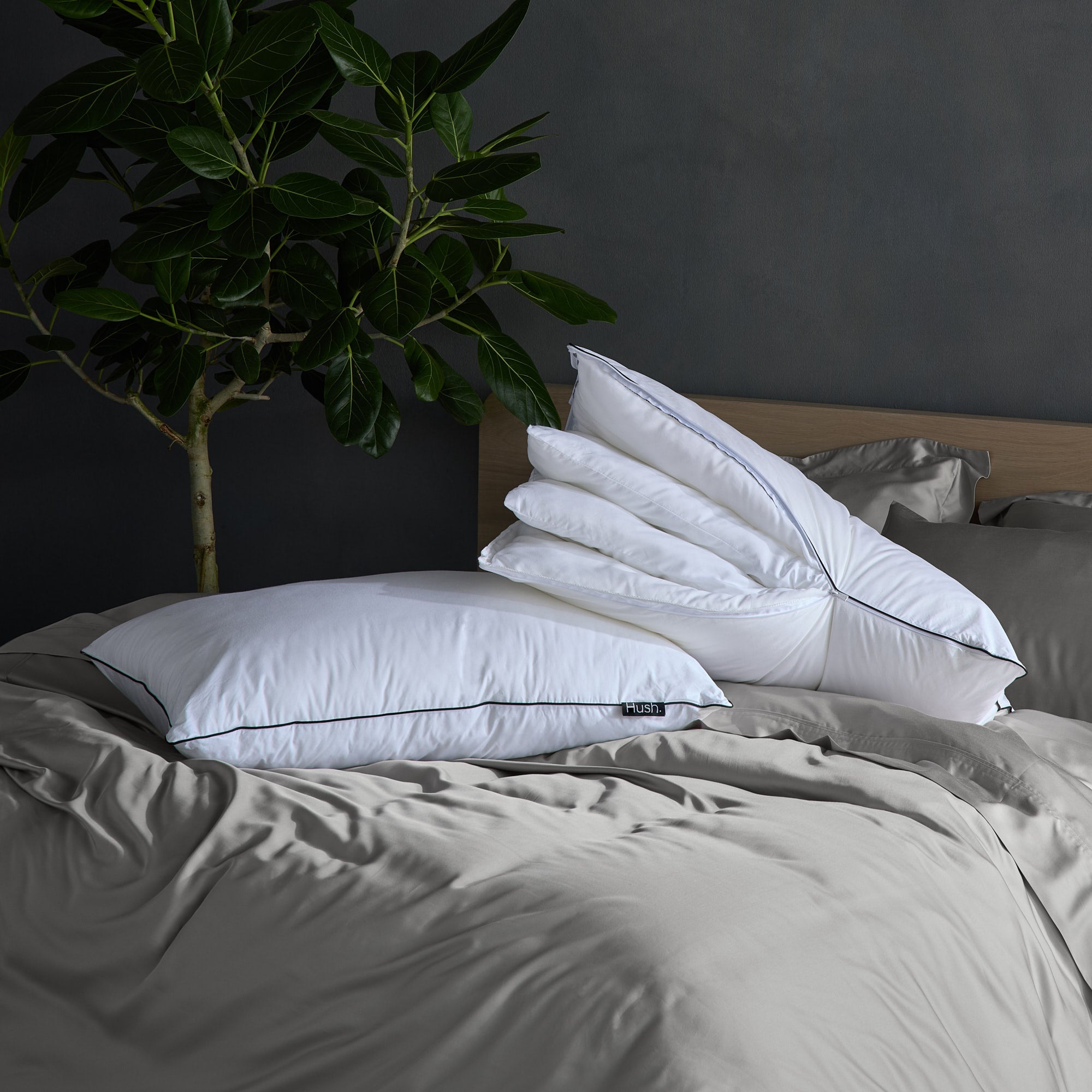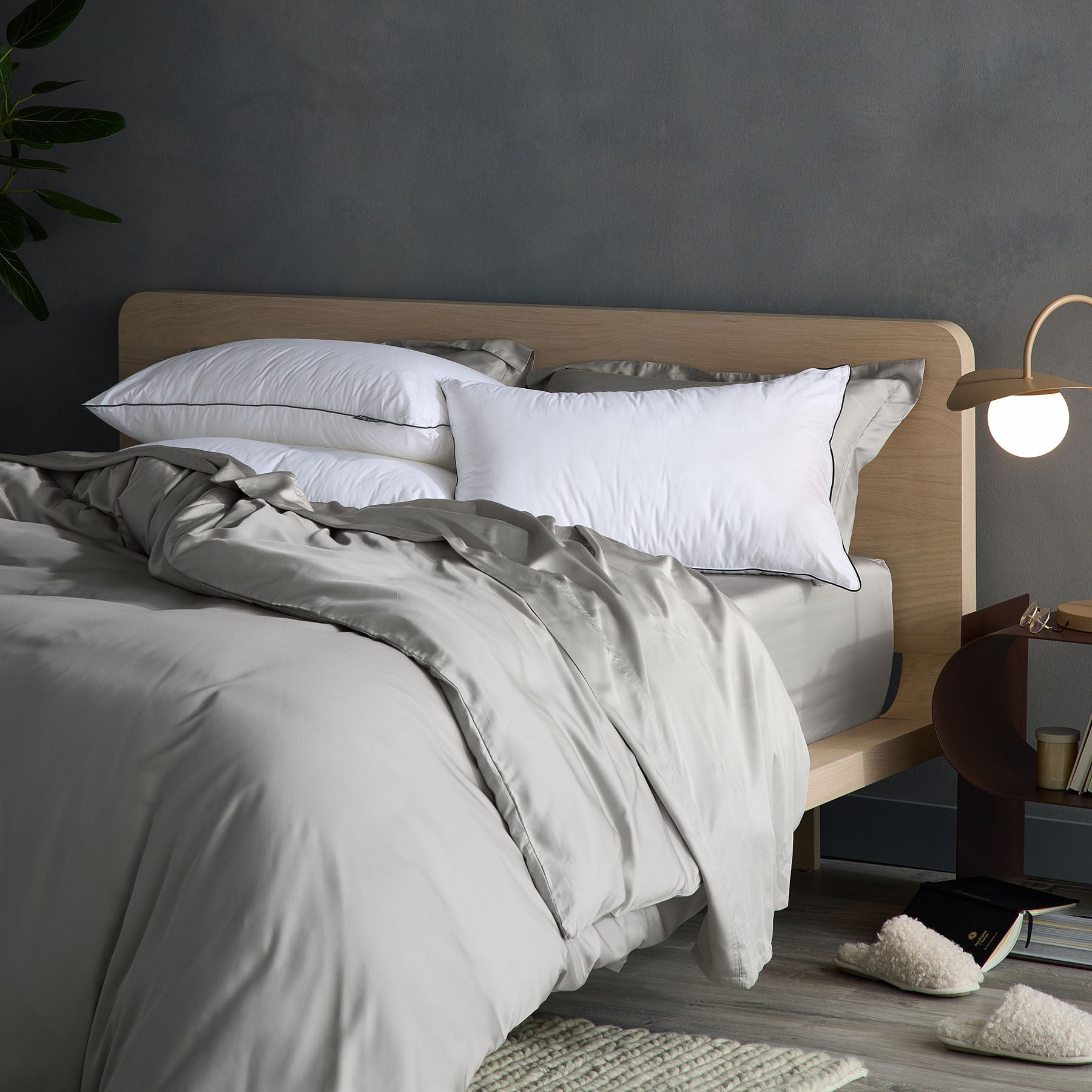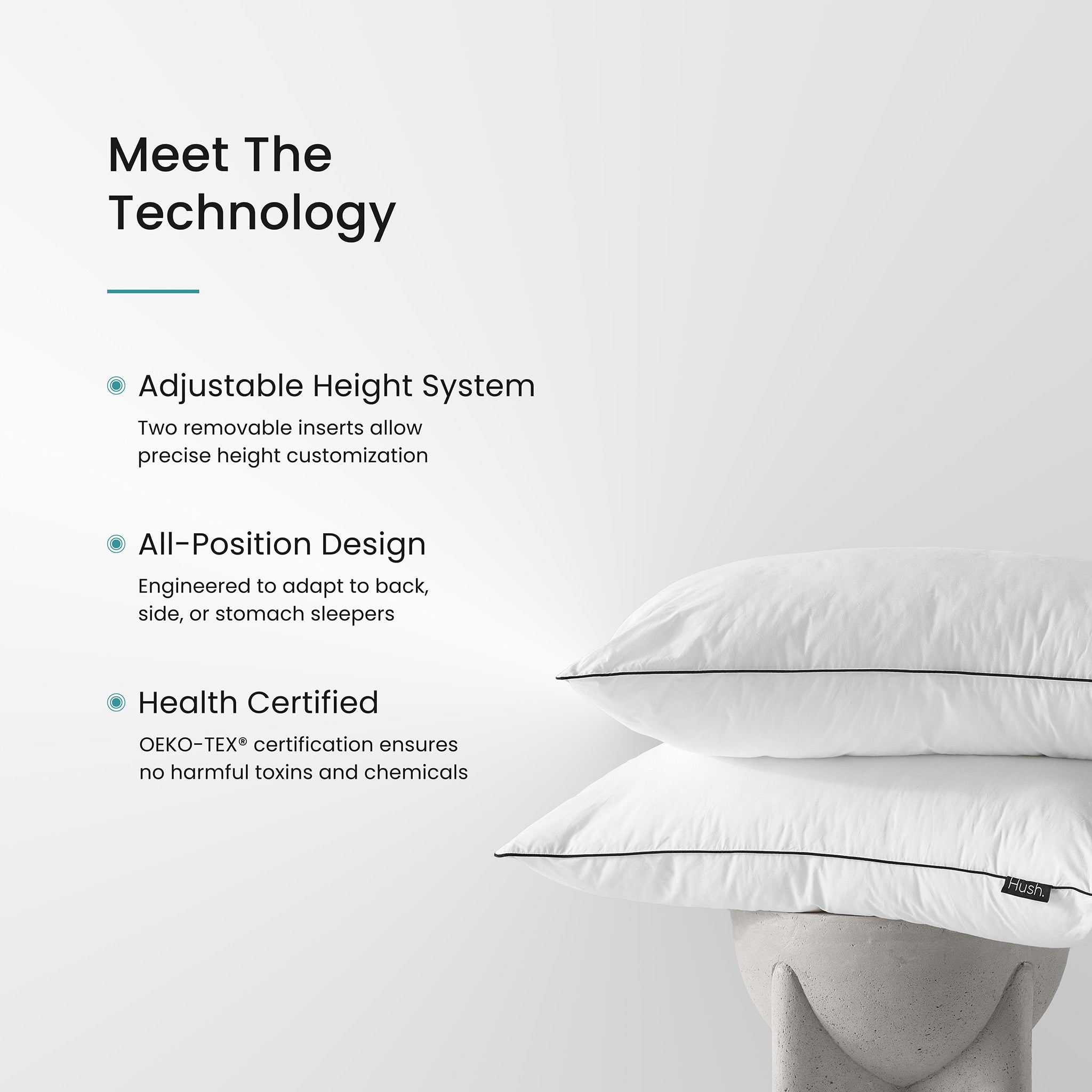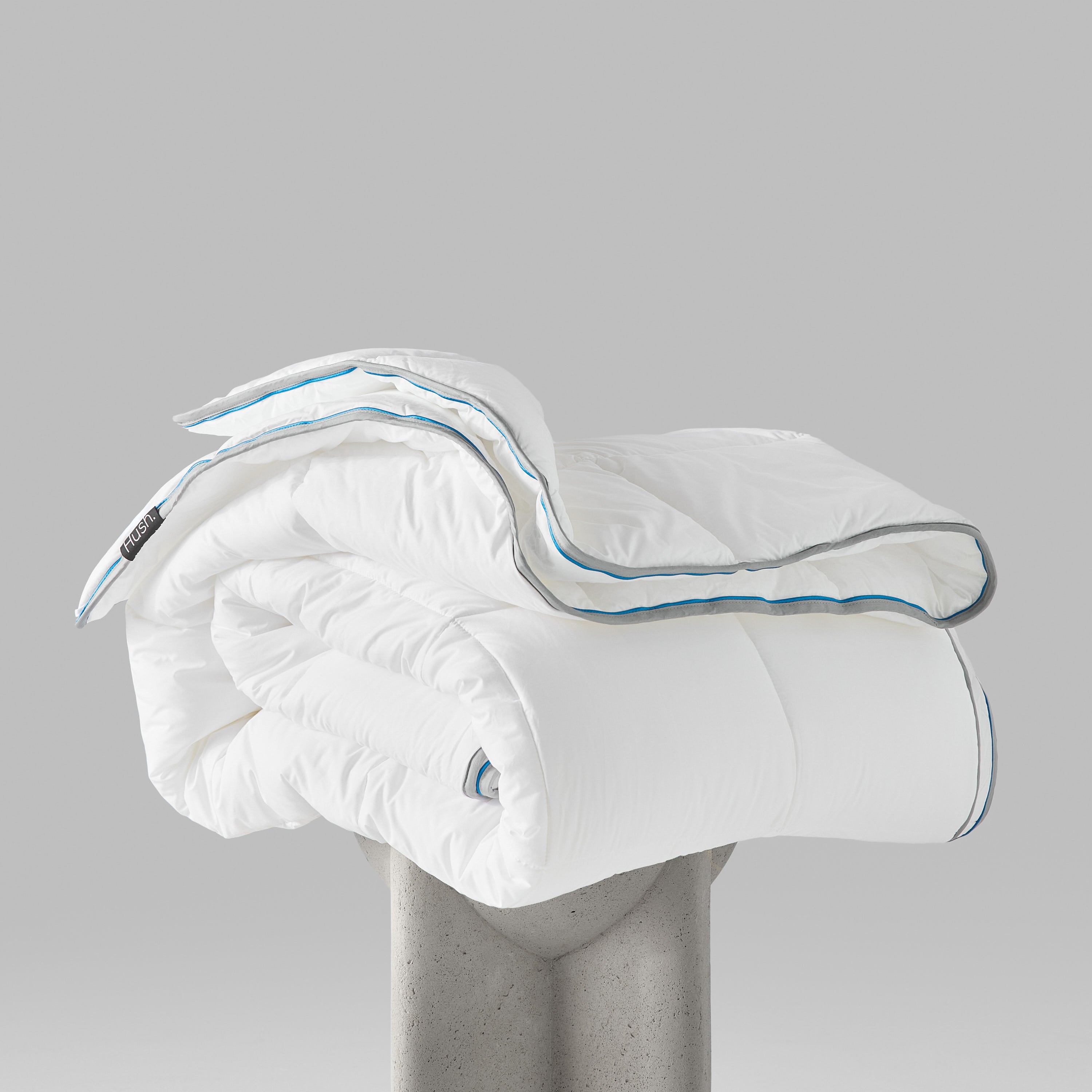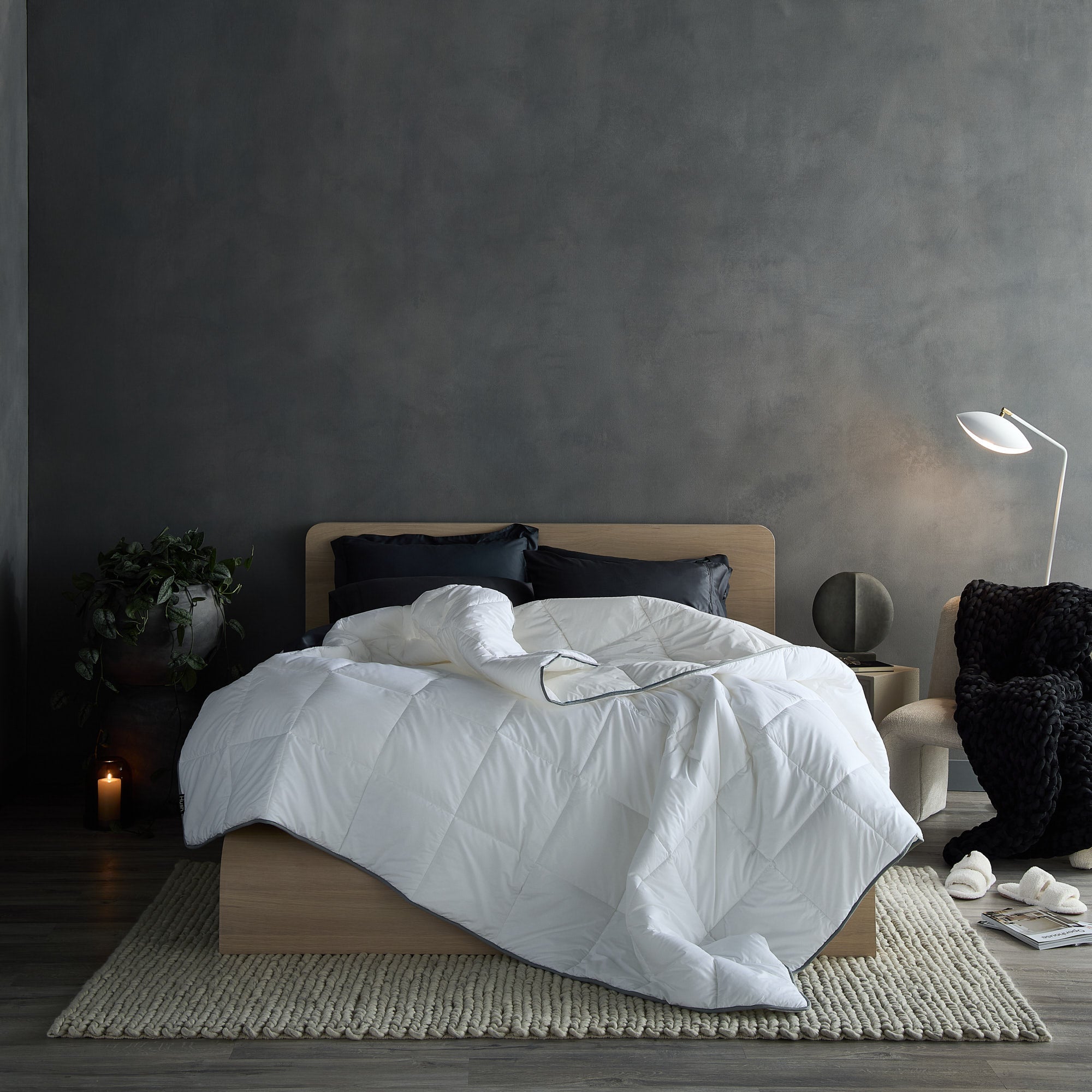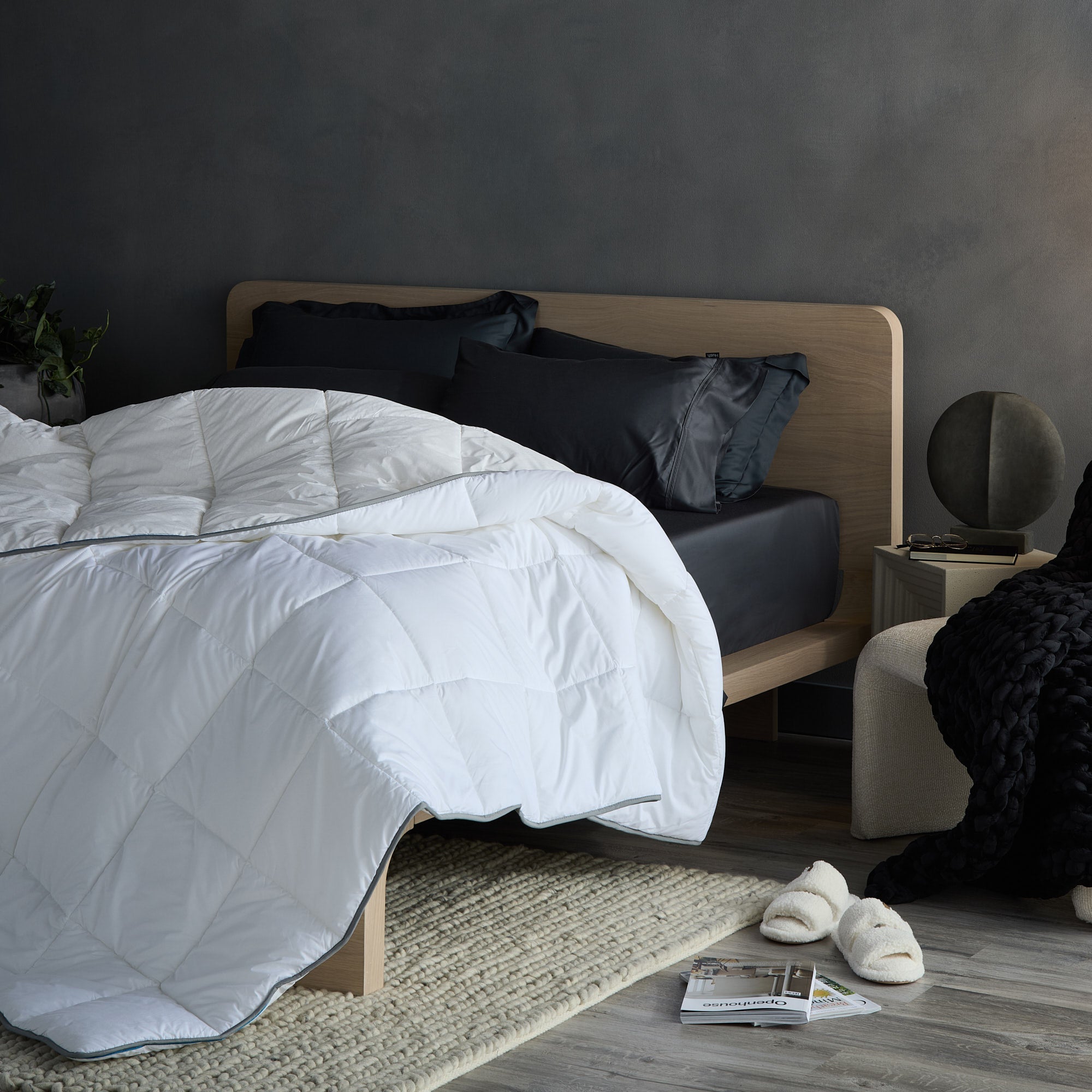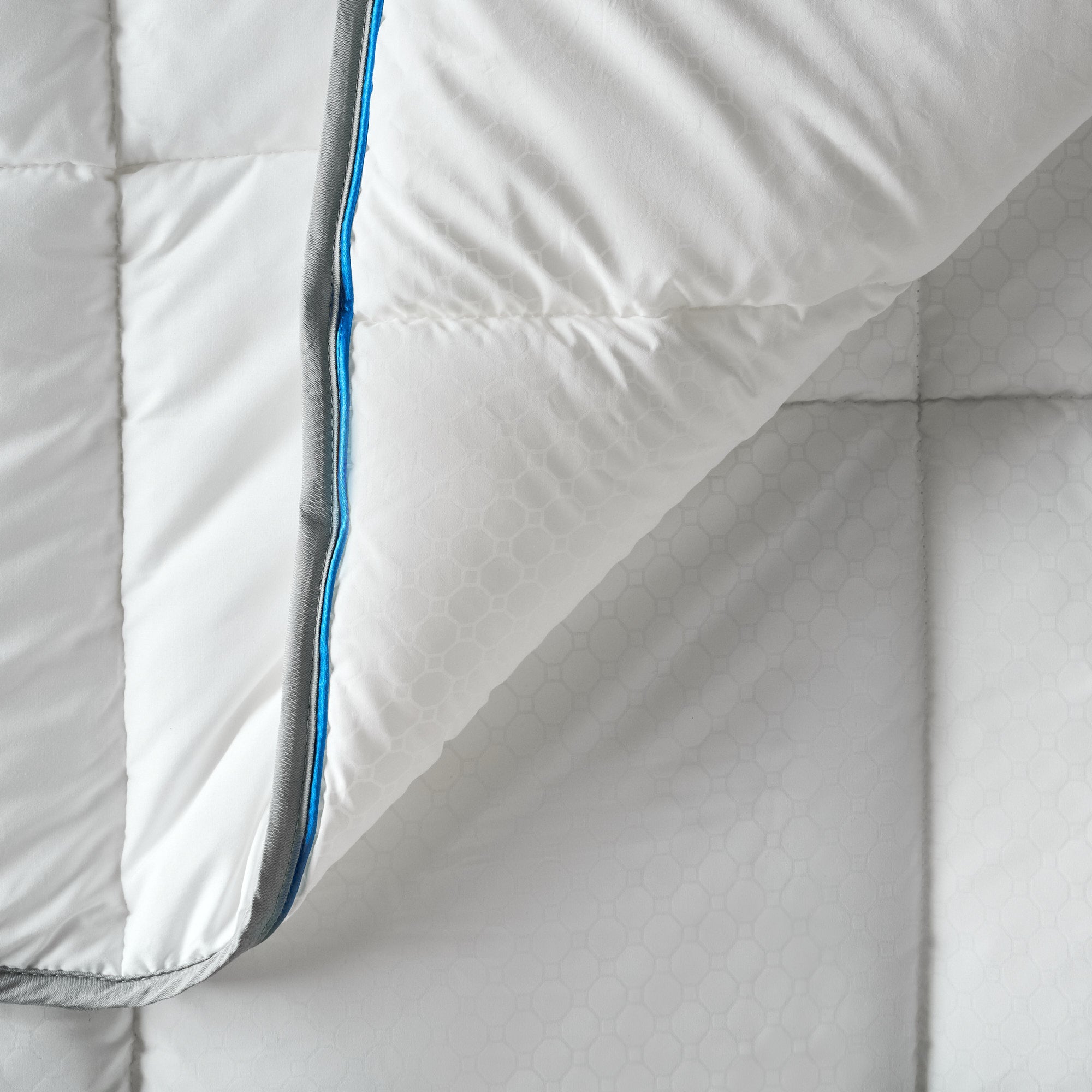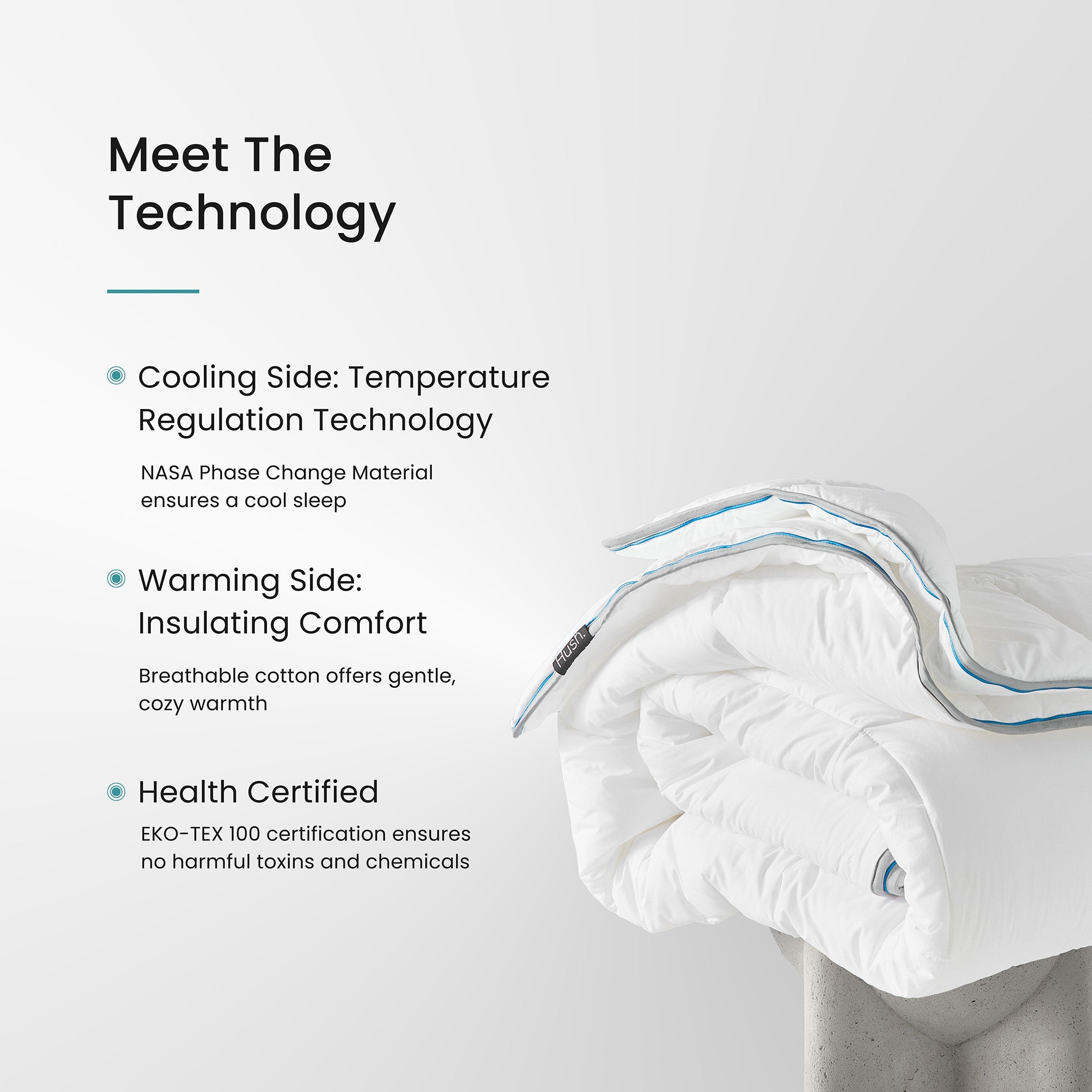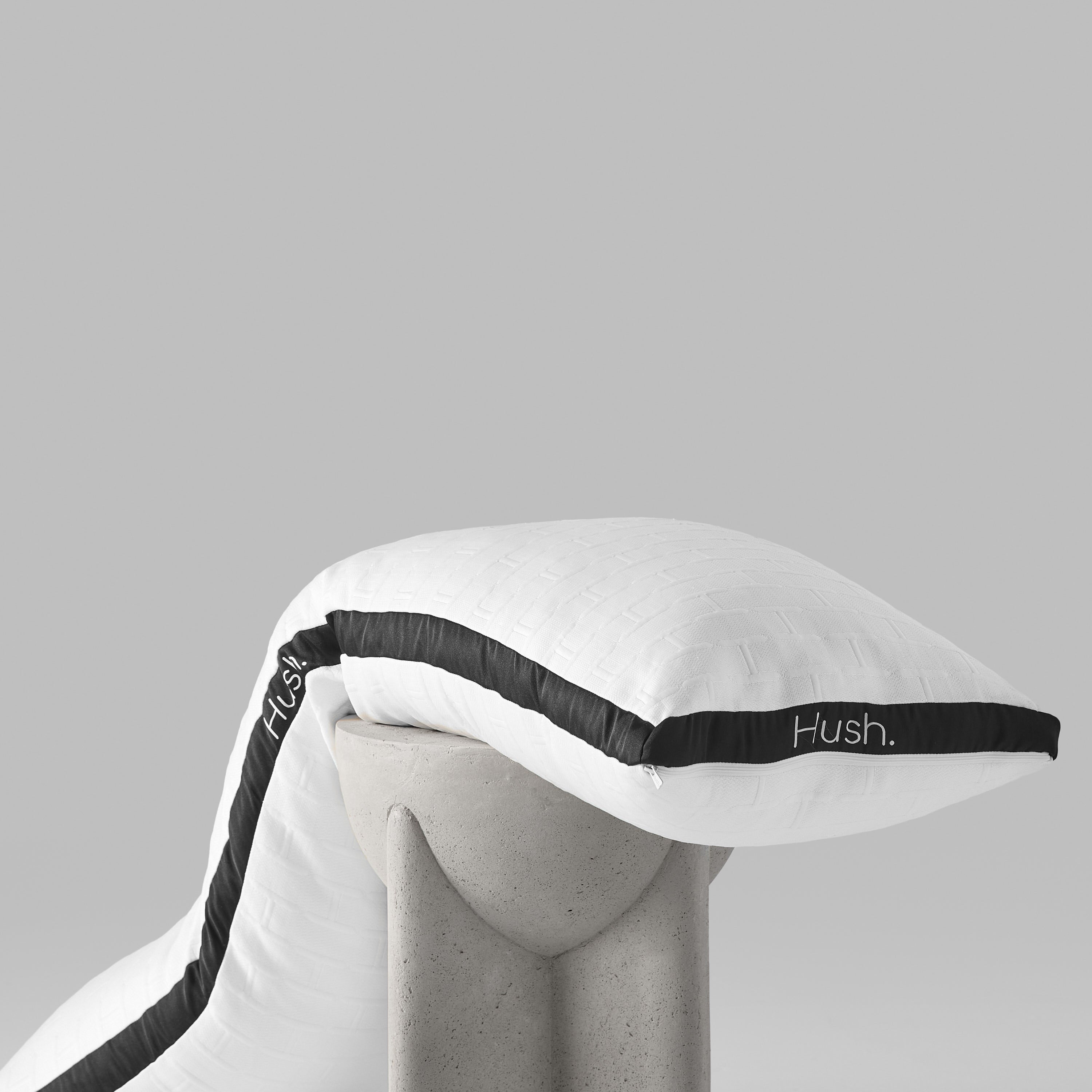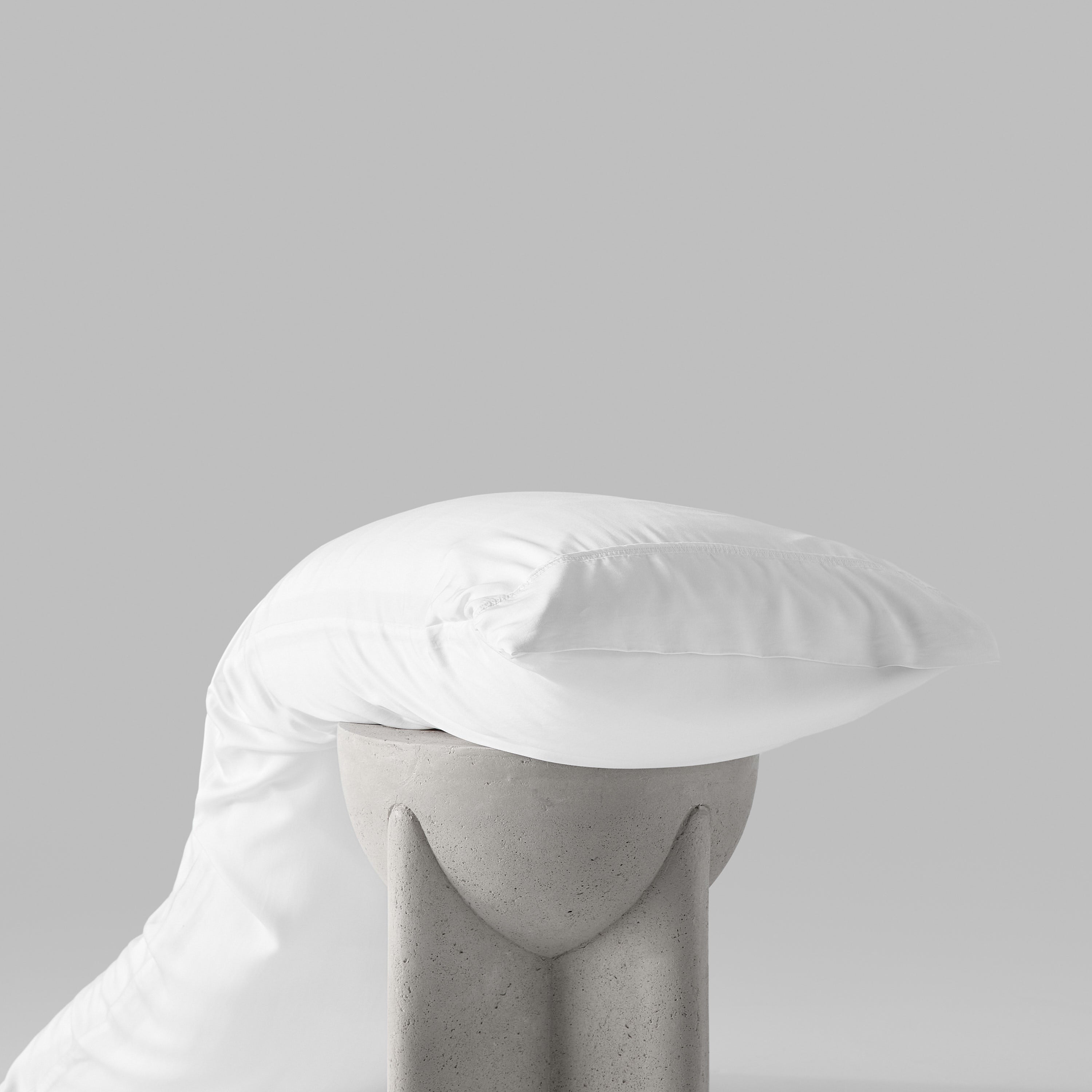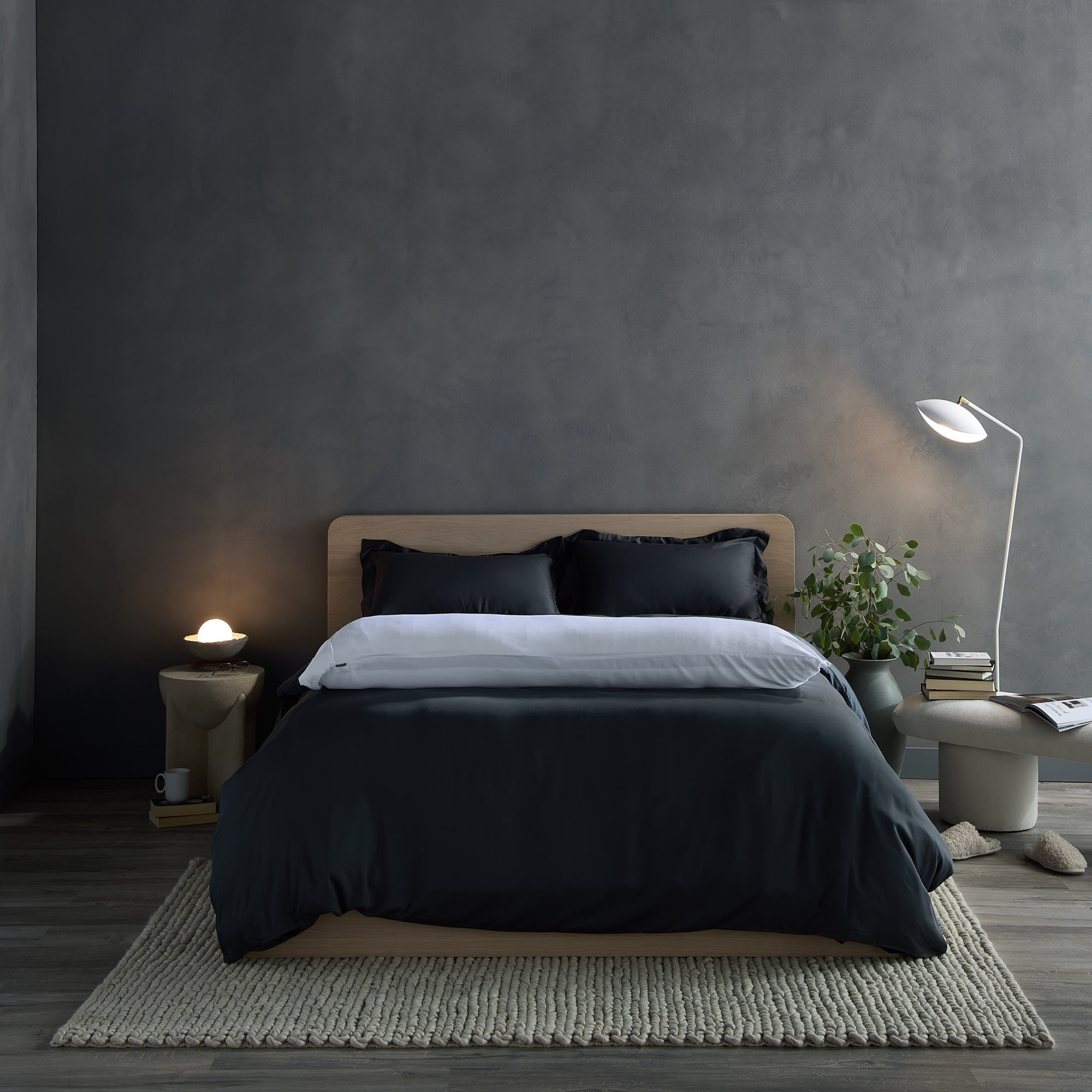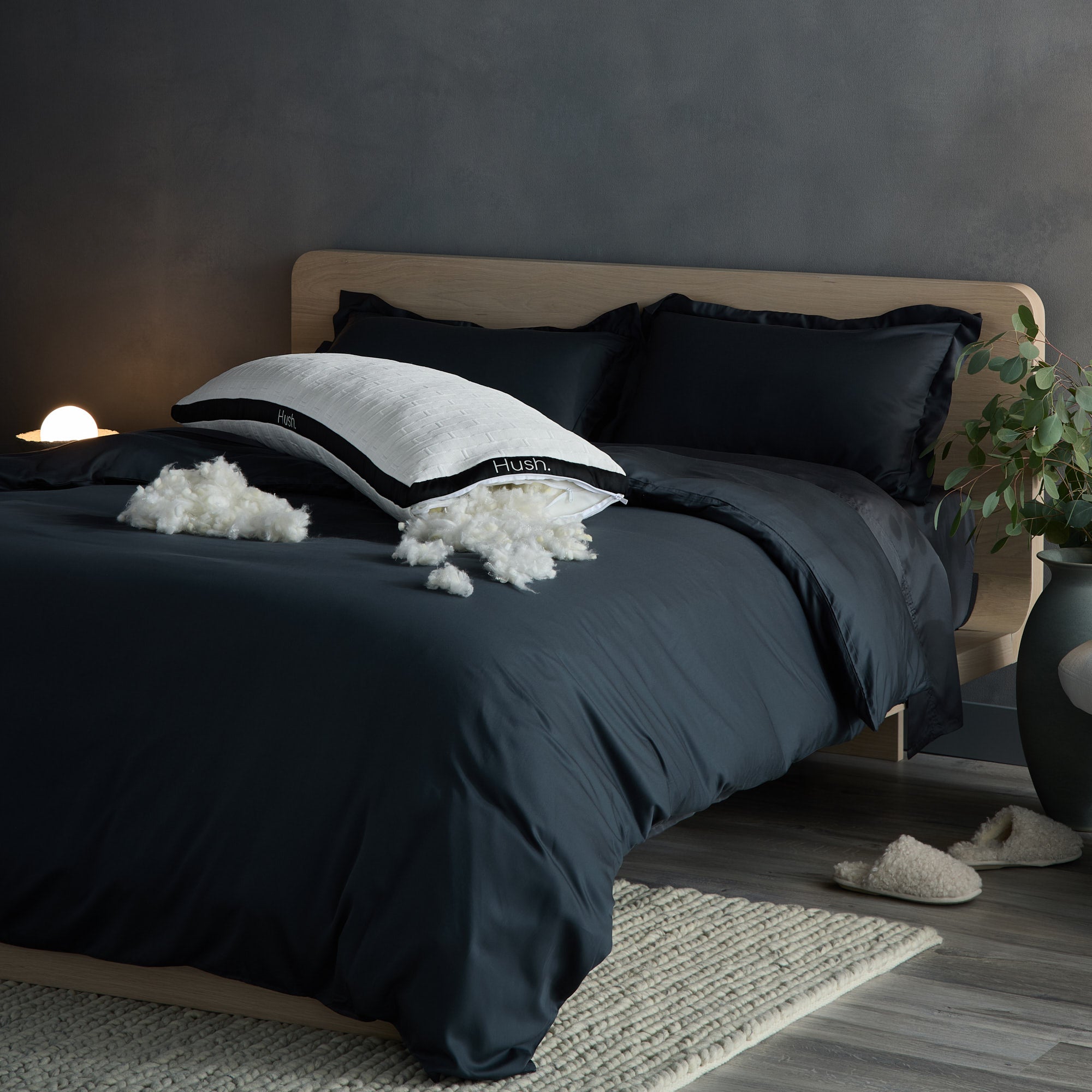
When most people think of Attention Deficit Hyperactivity Disorder (ADHD), they think of a kid who fidgets and acts out in class. In reality, this medical condition affects millions of children and adults, and it influences much more than classroom behavior. It can even make it harder to sleep, leaving you feeling like there’s no respite from the condition.
In this blog post, we'll take a closer look at ADHD and how it can impact your sleep quality. We'll also walk you through techniques you can use to cope with your ADHD, including how using a weighted blanket for ADHD can help you enjoy better sleep.
What Is ADHD?

In a nutshell, ADHD is a neurobiological disorder that’s characterized by impulsivity, hyperactivity, and the inability to sustain focused attention. ADHD affects approximately 6.4 million children between the ages of 4 and 17, making it the most commonly diagnosed mental disorder in young children.
Children with ADHD tend to have trouble paying attention, sitting still, and focusing, occasionally resulting in disruptive classroom behaviors.
While we tend to hear less about adults suffering from ADHD, experts estimate that 60% of children carry the disorder into adulthood.
Adults with ADHD often find it tough to manage their lives. Amongst other things, they struggle with organization and punctuality. Adult ADHD can also contribute to sleep problems such as shorter sleep time and sleep disorders like insomnia.
How Does ADHD Contribute to Sleep Issues?

Studies estimate that anywhere from 25% to 50% of people with ADHD also suffer from sleep disorders. These sleep problems are more likely to occur (and can worsen) as someone with ADHD gets older. Interestingly, it is believed that the type of ADHD one experiences will influence which sleep disorders they are prone to.
People with ADHD tend to experience these sleep disorders:
- Circadian rhythm sleep disorder: People with ADHD generally become more alert in the evening instead of feeling drowsy and tired. This is often due to the body releasing melatonin later than usual or other hormonal irregularities. Often, people with ADHD feel their minds racing at a time when others are feeling sleepy and getting ready for bed.
- Restless leg syndrome: Restless leg syndrome occurs in up to half of ADHD patients and can cause an uncomfortable tingling sensation that prevents deep sleep.
- Sleep apnea: Sleep apnea is surprisingly common among ADHD patients, causing brief interruptions to breathing during sleep. This disorder is more likely to occur in older adults and overweight individuals. A CPAP machine is usually needed to help with sleep apnea.
Individuals with ADHD who also suffer from an anxiety disorder are even more likely to have trouble falling asleep and staying asleep. Night after night of poor sleep can harm your mental health, leaving you fatigued, irritable, and unable to think clearly. It also puts you at greater risk for health conditions like heart disease.
How Can a Weighted Blanket for ADHD Help?

Both kids and adults with ADHD often have trouble relaxing and falling asleep at night. This is where weighted blankets for ADHD come in. Using glass beads or plastic pellets as a filler material, the additional weight of these blankets can help mitigate common ADHD symptoms.
How Does a Weighted Blanket for ADHD Work?
It’s simple — you just drape one of these heavy blankets over yourself, and it provides a calming effect so you can relax and fall asleep.
Don’t want to go to sleep just yet? You can also use your weighted blanket or weighted throw around the house. Wrap it around your shoulders and it’ll help you concentrate.
Now, if you’re wondering how a weighted blanket for ADHD actually accomplishes all this, it all boils down to a concept known as deep touch pressure therapy (DTP), also sometimes known as deep pressure stimulation.
DTP exerts a light, soothing pressure. This sensory input reduces the amount of stress hormones in your body and also boosts your serotonin levels (the chemical that helps you wake up feeling refreshed).
Sleeping with a weighted blanket essentially feels like you are being wrapped in a gentle hug. This helps slow your breathing and heart rate and encourages your muscles and mind to relax.
Weighted blankets are used by many people, including those with ADHD, sensory processing disorders, autism, and fibromyalgia, as well as regular folks who just want to get rid of their insomnia.
Are Weighted Blankets for ADHD Effective?
Many studies indicate weighted blankets are effective for people who suffer from ADHD.
For instance, one study showed that on-task behavior increased by 18 to 25 percent in students with ADHD who wore a weighted vest (which uses the same deep touch pressure found in weighted blankets). Another study found that weighted vests improve in-seat behavior, attention-to-task, and task completion in children with ADHD.
Weighted blankets have also been found to help those who struggle with both insomnia and ADHD. One study found that individuals with both conditions who used a weighted blanket for ADHD were able to fall asleep faster and enjoy better overall sleep quality.
Other Ways to Cope With ADHD

While a weighted blanket for ADHD can help you relax and sleep better, it isn't the only thing you can do to manage your condition. While you can’t cure or get rid of this condition, it is possible to manage the symptoms of ADHD through a combination of techniques, including:
- Fine-tuning your diet
- Practicing yoga
- Being around nature
- Getting better quality sleep
When it comes to diet, researchers have found that certain artificial dyes may exacerbate ADHD symptoms. Try to avoid artificial dyes (which appear on nutrition labels with terms like Yellow 5 or Blue 1) to reduce the severity of your symptoms.
Next, a study published in the ISRN Pediatrics journal shows that children with ADHD perform better in school after practicing yoga. If you’re having a tough time concentrating and paying attention in school or at work, some yoga might just do the trick. Yoga can also help you relax before bedtime so you can fall asleep quickly.
Another study shows that exposure to green spaces could help alleviate ADHD symptoms for children. Instead of simply sitting at your desk all day, take a break for a quick walk around the nearest park. This can help lift your mood and reduce the severity of your symptoms.
Last but not least, many ADHD patients have noted that they experience more severe symptoms when they’re sleep deprived. We strongly recommend trying a weighted blanket for ADHD, which can help you experience relaxed, high-quality sleep.
Reduce Your ADHD Symptoms With a Weighted Blanket

There’s no magical fix that will eliminate your ADHD once and for all. But for many people, a weighted blanket does help reduce the severity of their symptoms.
If you’re keen on purchasing a weighted blanket for ADHD, try one of our high-quality blankets.
All our blankets come with a 100-night guarantee, which means you can try them risk-free. Again, most people find that using a weighted blanket does wonders for their ADHD symptoms. However, if the blanket isn’t right for you, you can send it back for a full refund.
What are you waiting for? Get your Hush Blanket now!